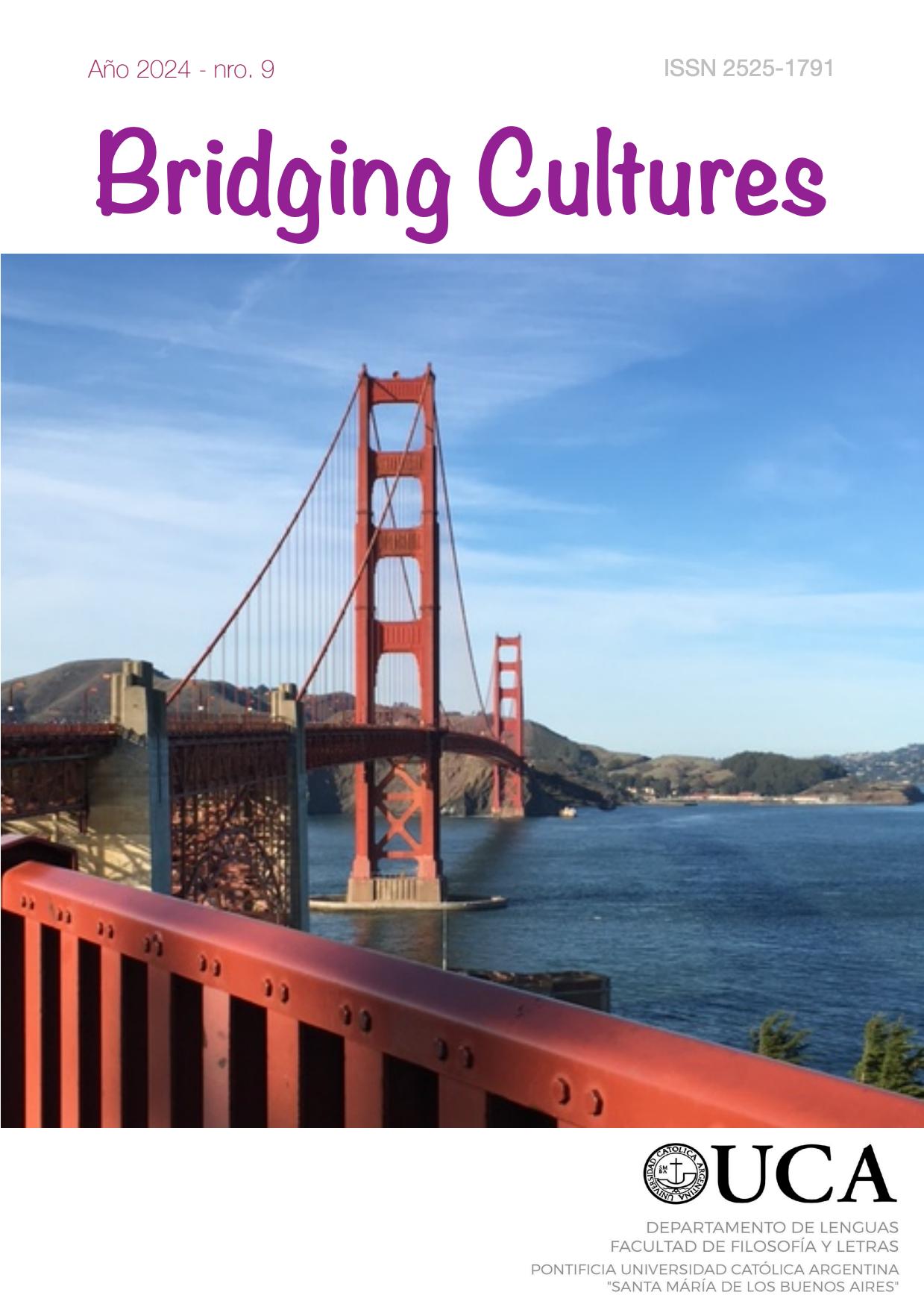Politics of Regionalism: The European Union and Mercosur Cases Contrasted
Keywords:
regional integration, international relations, political entity, European Union, MercosurAbstract
The purpose of this work is to carry out a study of regional integration processes in political terms. In other words, although such processes underway in various parts of the world are or have been in principle of an eminently economic nature, they are conditioned by political factors of different kinds and make national and transnational political actors to agree and trade-off, mobilize resources, and solve in a shared framework the regional socio-economic issues that affect their domestic reality. Indeed, regional integration depends, in its origin and development, on far-reaching political decisions and institutions. In this context, regional integration —in the framework of contemporary international relations— is understood as a process by which various States form an extended political unit, without the member countries losing their essential original identity, to constitute a community with its own goals, representing the bloc as a whole. Thus, any integration process can surpass the status of classical international organizations, and it has the potential to broaden and deepen, but at the same time, it stops before reaching a stage that would imply the total fusion of its parties into a new sovereign whole. Thus, this paper aims to show the unique political entity of these regional communities, as well as to contribute to Comparative Politics and Law studies, by analyzing the cases of the European Union as the most developed example of Regionalism, and Mercosur, as a potential entity of the same category.
Downloads
References
Aja Espil, J. (1973). Disquisiciones sobre el orden jurídico comunitario. Academia Colombiana de Jurisprudencia.
Aja Espil, J. (1998). The current aspects of Public International Law and Community Law in the National Constitution of 1994. National Academy of Law and Social Sciences of Buenos Aires.
Barbosa, R. (1993). Attempts of integration in the Southern Cone until the Treaty of Asunción. Contributions, 2 (93), 1-15.
Bernales, E. (1974). Actores políticos en el proceso de integración andina. In R. Atria and I. Lavados (Eds.), Variables políticas de la integración andina (pp. 78-91). Ediciones Nueva Universidad.
Borchardt, K.-D. (2016). The ABC of European Union law. Publications Office of the European Union.
CJEU, Mario Vicente Micheletti and others v Delegacion del Gobierno en Cantabria (1992). Case C-369/90. ECR I-4239, July 7, 1992.
European Council (1995). The Westendorp Report. https://www.cvce.eu/en/obj/submission_of_the_westendorp_report_5_december_1995-en-b7472983-096e-4d57-b8f2-57aab4c5ecb0.html
García-Mansilla, M. J. J. (2004). Separation of powers crisis: The case of Argentina. Georgia Journal of International and Comparative Law, 32(2), 307-331.
La Pergola, A. (1993). L'Unione europea fra il mercato comune ed un moderno tipo di Confederazione. Osservazioni di un costituzionalista. Rivista Trimestrale di Diritto e Procedura Civile, 1.
Los factores políticos en la integración económica regional (1985). Integración latinoamericana, Revista del Instituto para la Integración de América Latina, 108.
Mangas Martin, A. (October 1988). Problemas y perspectivas del ordenamiento jurídico comunitario. La crisis del estado y Europa, II Congreso Mundial Vasco. Gasteiz, España.
Mangas Martin, A. (1992). El Tratado de Unión Europea: análisis de su estructura general. Gaceta Jurídica de la C.E. y de la Competencia, 17, 13-62.
McNaughton, N. (2001). Success in Politics. John Murray Publishers.
Orsello, G. P. (1994). Ordinamento comunitario e Union Europea. Giuffré, Milano.
Sáchica, L. C. (1985). Introducción al derecho comunitario andino. Colección de Estudios del Tribunal de Justicia del Acuerdo de Cartagena.
Mercosur (2015). Mercosur: Estructura y Agendas. Secretaría del Mercosur.
Sotelo, I. (March 1994). Aspectos de la ciencia política de la Unión Europea [Lecture]. Diploma in Studies on European Integration, Mexico City, México.
Tomassini, L. (Ed.). (1990). Nuevas formas de concertación regional en América Latina. RIAL-GEL.
Vieira de Posada, E. (2005). Evolución de las teorías sobre integración en el contexto de las teorías de relaciones internacionales. Papel Político, 18.
Downloads
Published
How to Cite
Issue
Section
License
Copyright (c) 2024 Leonardo Pablo Hekimián

This work is licensed under a Creative Commons Attribution-NonCommercial-ShareAlike 4.0 International License.







 Bridging Cultures
Bridging Cultures